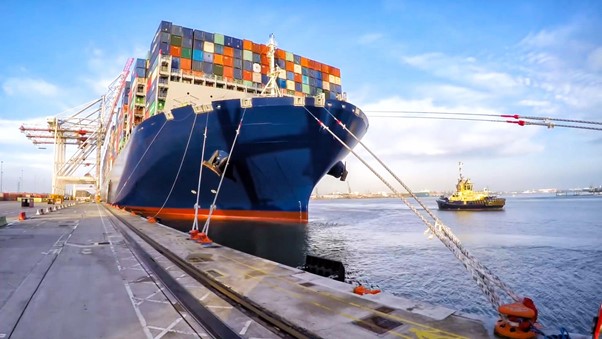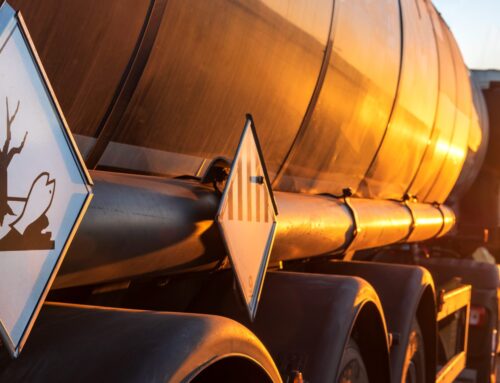This year’s hiccup in production and logistics have brought the whole world to its knees. We currently find ourselves in an unprecedented historical moment. Never before, since the beginning of container shipping, have we encountered such challenging circumstances. Containers and ships are fully booked, ports heavily congested, transit times are painstakingly long, warehouses are full, and there’s a massive shortage of containers and truck drivers.
As 2021 ends, we would love to bring a compelling story about a brighter future ahead. But sadly, we don’t have any way of knowing when the tide will turn. Especially, since experts don’t expect the situation to change course before the end of 2022. And even after that the outlook remains uncertain.
All in the same boat
The scars of the pandemic have not yet fully healed. Compared to before 2020, the way people live, work, and spend their money has completely changed. Our world is dominated by two major economies. The service-oriented economy and the production economy. While COVID-19 kicked the former to the curb, customers had more money to spend on material stuff. Rather than going out or travelling, people were confined to the four walls of their homes. This encouraged many people to revamp their homes, invest in decorations or purchase other consumer goods. The increased consumption made production spike and resulted in a demand that far exceeded the supply. With production bursting at the seams, the international trade market is massively disrupted, yet the economy keeps supporting this inflated consumerism.
It’s the first time that all levels of the supply chain are equally impacted: suppliers, buyers, sellers, consumers… Both multinational companies as SME’s are suffering substantially. For the first time in history everyone is in the same boat. And there’s nothing anyone can do.
Never let a good crisis go to waste
However, it’s not our purpose to only share doom and gloom. And as Winston Churchill once famously said: “You should never let a good crisis go to waste”. This unprecedented situation forces us to think outside the box to come up with solutions. And once the situation normalises again, we should perform a thorough analysis and rethink our vulnerability, because we never realised how fragile the supply chain really is.
We have become heavily dependent on certain markets, which puts us in a delicate position. How will we move beyond this? How will we protect our business from other crises? And how can we prepare ourselves for future challenges? Today there are few alternatives, and no short-term solutions. We must make sure that we actually apply the lessons from this crisis and avoid falling back into old patterns. But people are creatures of habit. In a world that is dominated by competition and driven by pricing wars, the demand for cheap products from across the world will most likely outrank the demand for more expensive but locally produced items.
Damage control
Unfortunately, there’s no way to override the crisis, but there are ways to navigate through it. The more agile you are, the better equipped you are to deal with challenges and limit damage. Currently, smaller-sized forwarders have a competitive advantage compared to the bigger ones. This is because lower-quantity shipments are more easily integrated in the slipstream. Imagine having to find space for 2000 containers… 20 on the other hand, can often still be fitted in.
The size, combined with a fast and proactive service enables Levaco to serve their customers in the best way possible, even under difficult circumstances. Because Levaco is a family-run business with a loyal customer base of SME’s, we make each and every one of our customers a top priority.
So, while we cannot avoid damage, we can control it!
Feel free to contact us to learn how Levaco can assist you with your international shipping.







